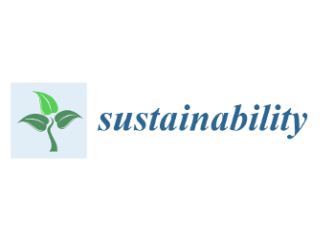Suriyankietkaew, S. & Avery, G.C. 2016.
Sustainable Leadership practices driving financial performance: Empirical evidence from Thailand.
Sustainability, 8(4), 327.
doi:10.3390/su8040327
Impact Factor: 1.789
This is an Open Access article – read the full-text for free >
Abstract
Many managers and researchers alike are asking: What does an enterprise need to do to generate a proper balance between economic, social, and ecological objectives while gaining superior corporate financial performance, resilience, and sustainability? Several leadership concepts for enhancing organizational sustainability have emerged in recent years, but none provides an integrative approach, with the exception of Sustainable Leadership (SL). However, empirical research examining the effects of various SL practices on financial performance and other business outcomes is lacking.
This article addresses this gap by empirically investigating the relationships between 23 SL practices and financial performance. Using a cross-sectional survey, data stem from 439 managers in small and medium-sized enterprises (SMEs) in Thailand. Of the 23 SL practices in SL, 16 were significantly associated with corporate financial performance.
Four SL practices, in particular—amicable labor relations, valuing employees, social responsibility, plus strong and shared vision—were significant drivers, and positive predictors, of enhanced long-term firm performance. Lastly, implications, limitations, and future directions are discussed.

